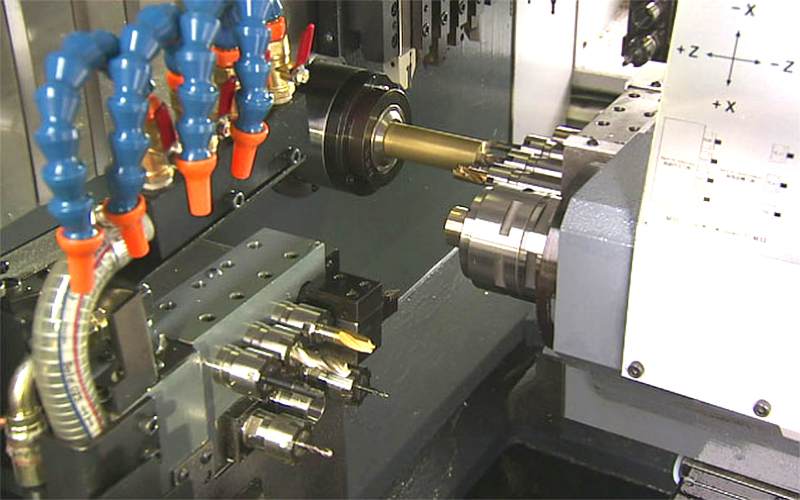Machine Shop Serving Pittsburgh for 23 Years
Your one-stop-shop for all custom machining needs
We’re the only machine shop serving Pittsburgh for over twenty years, and as experts in the custom manufacturing business, we have the team and technology to fabricate precision parts to your exacting specifications.
Our custom parts are made with high-grade materials and are used across many industries, such as automotive […]



 Transportation
Transportation